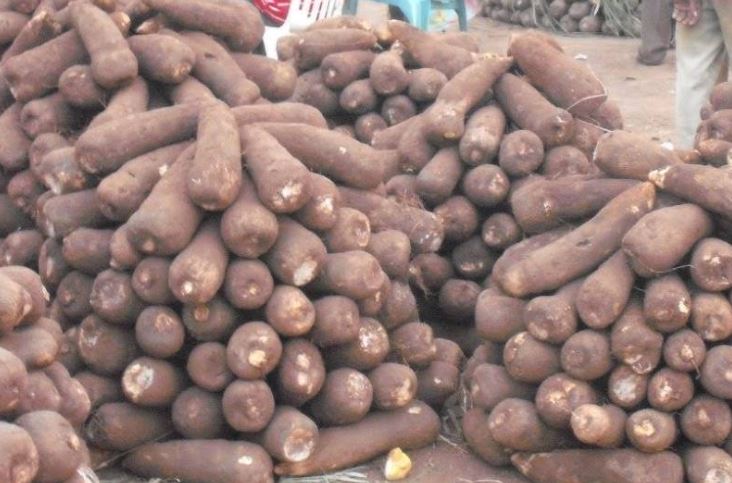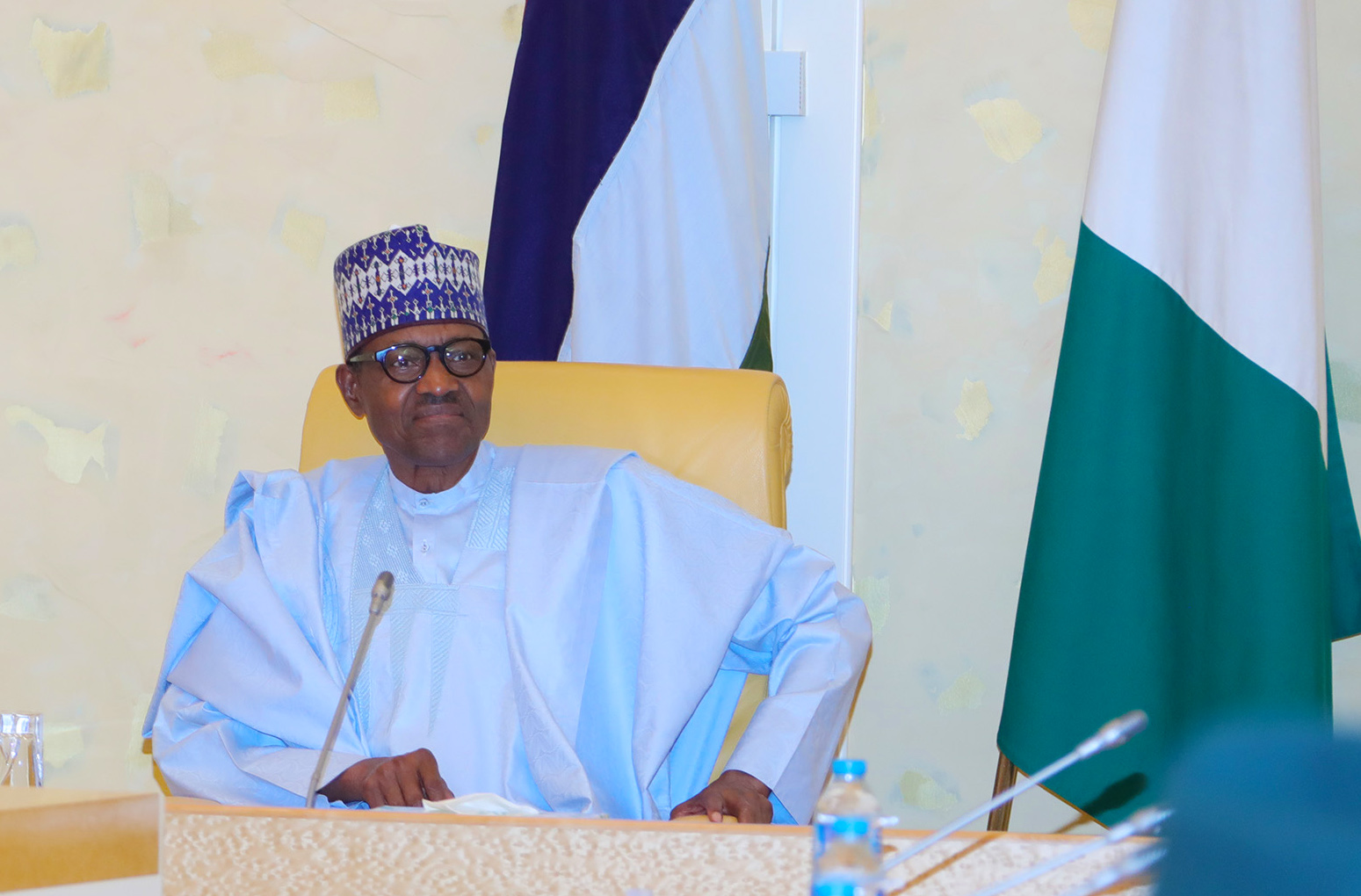Fulani has become the prefix for herdsmen in Nigeria these days, and it is impossible to imagine there are herdsmen who are not Fulani. But the Sullubawa community in Yobe state, north-east Nigeria, has herders who are not Fulani.
Their territory stretches out several kilometres through Bursari Dapchi, Tumsa, Baimari, Kaliyari, Damaturu Kasaisa, Lawan Kalan, Kalallawa, Salari, Damakasu, Fune Dogon kuka, Jajere, Daura, Kayeri, Mashio, all in Yobe state.
Although there are also sedentary Fulani herders in these communities, there is a nomad settlement known as “Sullubawa”, a community of non-Fulani herders who trace their origins to various ethnic groups in the north.
TheCable spoke with Muhammad Machina, one of the leaders of the group.
Advertisement
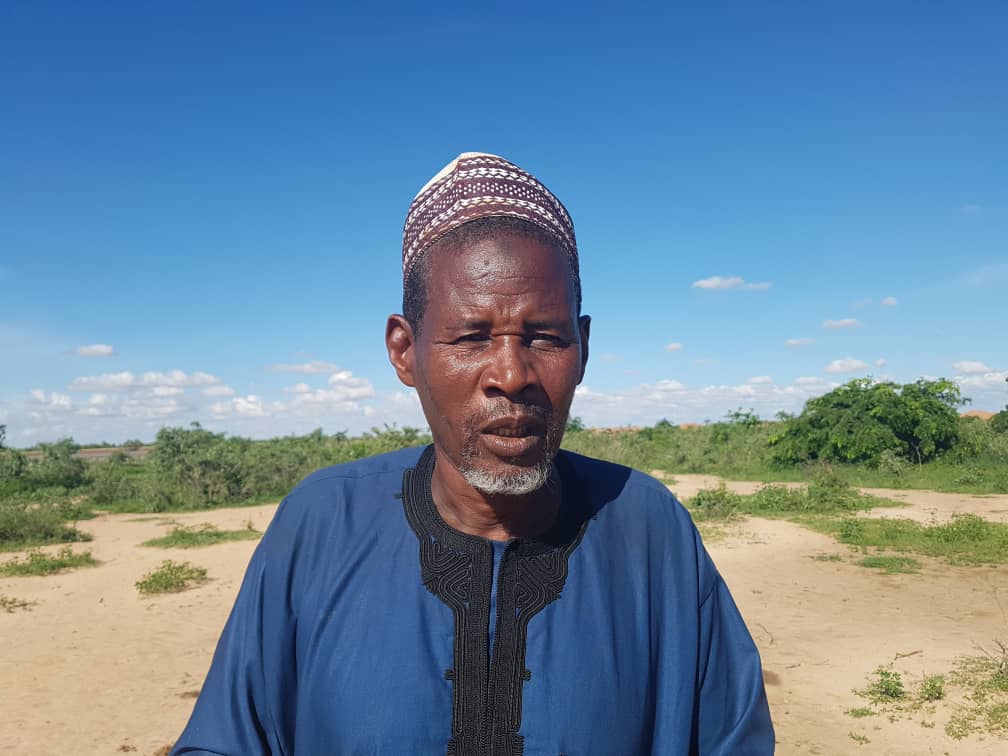
He was eager to seize the opportunity of the visit to “educate” Nigerians.
“I want to educate Nigerians against criminalising the herdsmen. Herding of animal is an occupation and it is not limited to a specific ethnic group,” he said.
“In Yobe, we have the Sullubuwa. In Borno, we have the Shuwa and we also have the Kwayam. All this set of people move about with cattle but they are not Fulani. What pains me is when somebody uses a particular ethnic group to describe herdsmen. So I want Nigerians to know that there are other ethnic groups involved in the rearing of animals. It is and not just a Fulani business.”
Advertisement
‘WE NEED HELP TOO’
Usman Umar, one of the nomads who had lost 250 cows as a result of the Boko Haram insurgency, began his story with a lamentation. He said despite the damage he and other nomads experienced in the hands of Boko Haram, none of them was supported by government or non-governmental organisation.
“Government should be firm and fair in its resolution and implementation of decisions by compensating herders who lost their livelihood as a result of conflict,” he said in Hausa.
“They are always humiliating our nomads,” he said.
Advertisement
“They encroach on our farm and extort money from us. Such inhumane behaviour has been going on for long without being checked or challenged by any authority. “
IMPENDING CONFLICT
Corroborating Umar’s point, the leader of the Sullubawa nomads, Hardo Usman, told TheCable that the vigilante group was a potential cause of conflict because they are threatening their livelihoods.
He said: “During this period, we suffered intimidation from the vigilante and sometimes we are forced to relocate. There are are some instances that if our livestock go near any farm (even without eating any crop), they (vigilante) come to arrest us and then ask us to pay amount ranging from N100,000 to N200,000 before releasing our animals or our nomads.
Advertisement
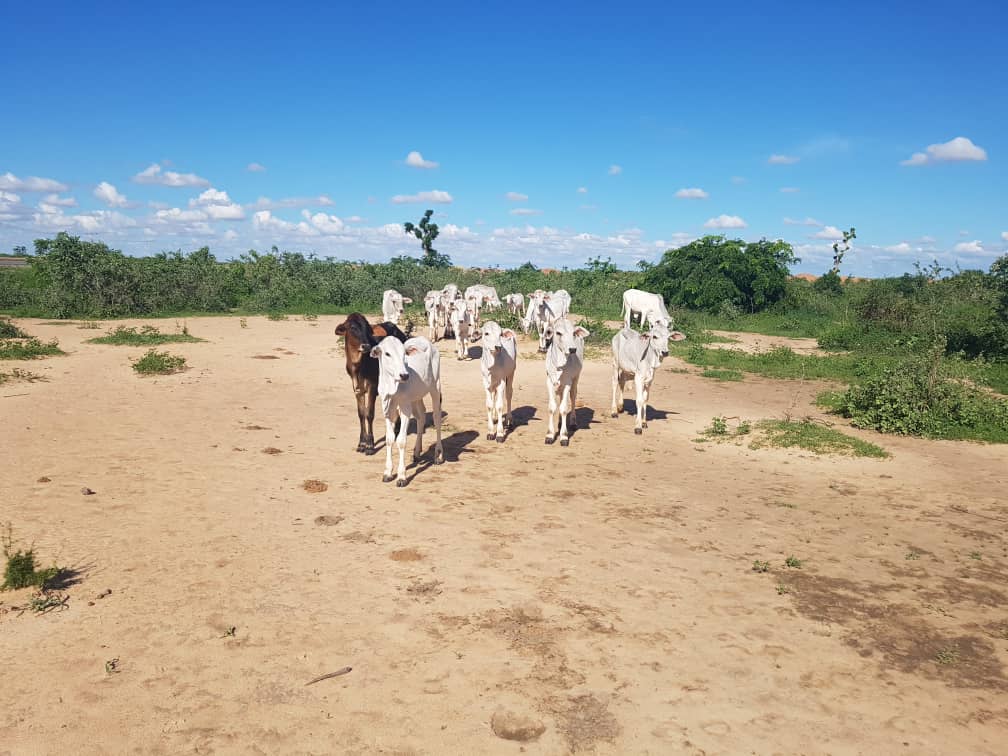
“I must say that now it has became a normal yearly routine business for the vigilante and the authorities.”
Ibrahim Dangitta, another nomad who expressed the same sentiment, said that the herdsmen have no platform where they can lay their complaints when such incidents occur.
Advertisement
“Many cases taken to court don’t see the light of the day because of poor representation, hence this reaction will generated into conflict, with its effects on economic and human activities,” he said.
LACK OF WATER
Advertisement
Another issue that readily stirs up conflict is the shortage of pasture, water and space.
“I have been in Yobe for almost eight years now, rearing animals, but we are constantly challenged by lack of space, land and accessibility, as well as water for our cows. Even what we drink at home, we rely on the rain fall. Life is not fair to us, he said shaking his head,” Dangitta said.
Advertisement
He lamented that in some of the villages, sources of water for domestic purposes have either been destroyed or polluted, forcing the nomads to go elsewhere to search for water.
The months of March and April are usually the toughest for the herdsman and his cattle in Yobe state.
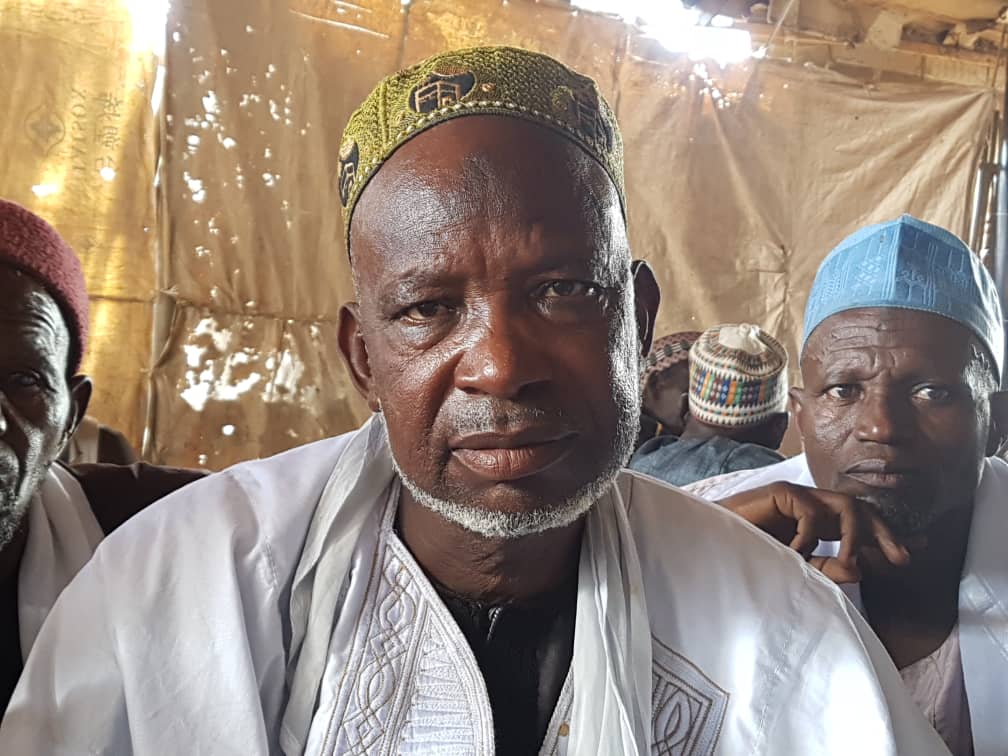
ON GRAZING RESERVES
Usman suggested that demarcation of grazing reserves for herdsmen on their various grazing tracks would go along way in tackling these challenges.
He suggested that traditional and local leaders should be involved in finding solutions to herdsmen-farmer conflict, adding that a committee should be set up with representatives of the local leadership.
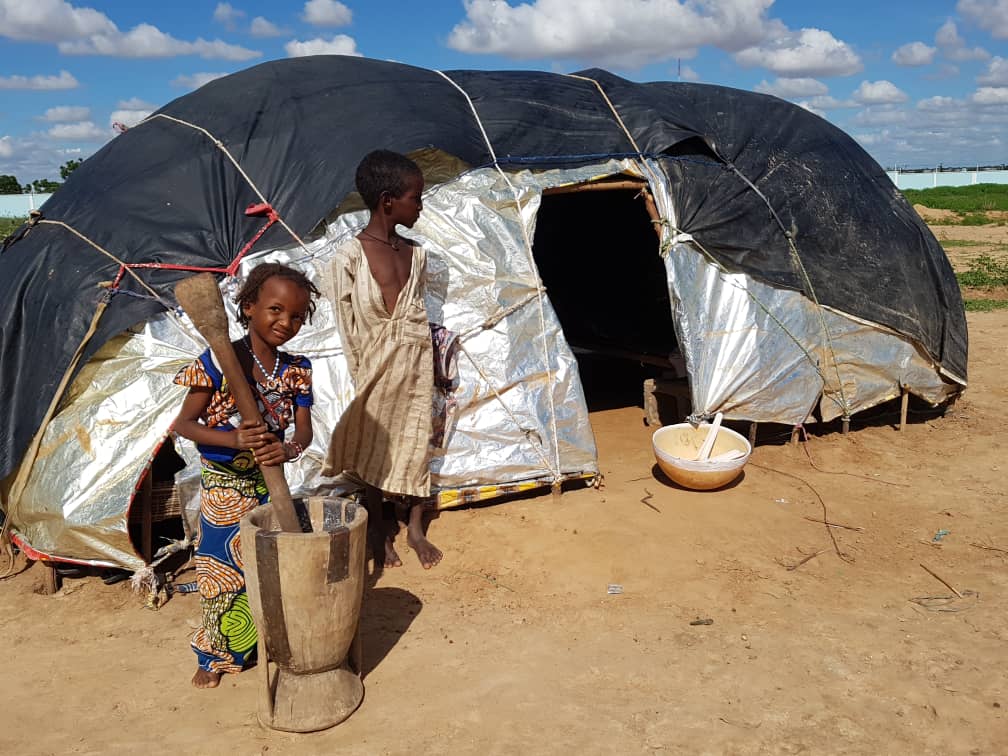
As a way of resolving the continual clashes between the herdsmen and farmers, the federal government has, through its Livestock Transformation Plan, proposed to spend N179 billion over 10 years to establish ranches throughout the country.
However, these nomads want government to adopt urgent measures to tackle the conflict — through appropriate education, compensation for those have lost livelihoods and conflict mitigation efforts.
This is a special investigative project by Cable Newspaper Journalism Foundation (CNJF) in partnership with TheCable, supported by the MacArthur Foundation. Published materials are not the views of the MacArthur Foundation.


